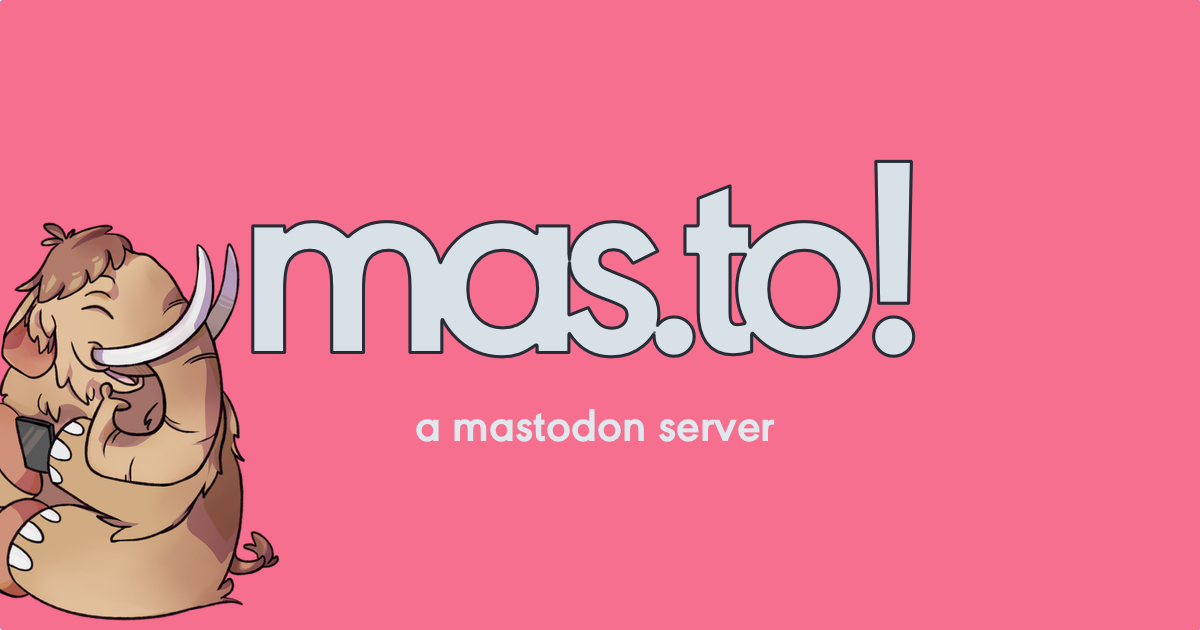Recent searches
Search options
In 2020, for obvious reasons, the #Worcester RTA suspended fare collection on our #transit system. For less obvious (but interesting!) reasons, it's still free today.
It's only in the last month or so that it's started to dawn on people in my social/economic/demographic group that *the buses are all free*. I've seen more of my peers using transit here in the last 30 days than in the 10 years before.
Someone needs to study lag time between better transit and user adoption...
Now for the interesting thing the RTA discovered:
(These numbers are from memory and probably not exact, but generally the gist of it.)
The #Worcester RTA was collecting about $7M in fares pre-COVID. So it was assumed we'd need to come up with an annual $7M budget increase to keep the system free.
But.
Turns out,
-Maintaining fareboxes and farecard machines (owned by a notoriously unreliable and uncooperative third party, natch)
-Validating and issuing reduced fare cards for elderly, disabled, and low income riders
-Collecting, depositing, and accounting for cash fares
-Customer service and refunds for farecard failures
*COST* the RTA about $4M a year.
So really, to make the system free only cost $3M a year, not $7M.
So now when I see the #MBTA talking about their "ring of steel" plan and their "next generation #CharlieCard" plan, I have to ask... why are they bothering?
It seems at least possible that it would be cheaper to just make the #MBTA free than to invest hundreds of millions into a new generation of turnstiles, fareboxes, vending machines, and cash collection... not to mention transit cops to pursue "fare evasion".
Has anyone done this analysis? If not, why not?
Is the problem some teenagers ducking their #subway fare, or a bureaucracy insistent on shoveling huge amounts of money to a private vendor for fare collection machinery and to law enforcement to punish Those Undeserving Poors?
"Just asking questions," as one says
And while it's a thread, gonna eat some crow: I opposed the RTA's fare-free project at first.
The #Worcester RTA is crippled by having a lot of routes that don't run very frequently (e.g. every 40-60 minutes) which understandably don't attract many riders.
My position was that if we're gonna come up with $3M more dollars for #transit, let's keep collecting fares and use that money to increase service frequency. Making the every-45-minute bus free won't really help ridership.
But I was wrong! Making the #bus #transit system free *did* significantly increase ridership, even on routes that have very shitty frequency.
And as every transit advocate knows, more riders equals more political power equals a better chance at more funding. It's a positive feedback loop.
So free fares is a loss leader, even if it costs in the short term it strengthens the system in the long term. I did not expect that, and I was wrong!
Our local surprisingly better than we deserve and doing their best with what they have kinda RTA, if anyone's interested:
@andthisismrspeacock I was wondering the same thing! Cost of collecting fares vs. revenue isn’t worth it and is a drop in the bucket compared to other costs of running the T.
Page 7 of this: https://mbtaadvisoryboard.org/wp-content/uploads/2024/06/FY25MBTAOpsBud-FINAL06-06-24.pdf
has the graph.
TLDR: MBTA used to recover 42% of costs as fees. It dipped to 10% and is now back up to 15%.
Or, if you prefer: dropping all costs to riders would add $376MM to the tax subsidy needed (but less than that, because the fare infrastructure costs would drop to zero).
However, however: all of this assumes that the MBTA is a service which ought to pay for itself, rather than a major contributor to the economy of the state. Which is what it is.
@dashdsrdash THANK YOU! I knew it must be out there somewhere but I was looking at the state not at the advisory board.
And I have sooooooo much to say about the argument about farebox recovery of costs, most of which starts with me explaining the ECON 104 concept of a "public good" like I'm John Maynard Keynes on a whole lot of coke.
You're probably a person who also has to repeatedly point out that government exists to address and regulate market failures, and that the US Fed has a special economic status in the world which makes it absolutely not comparable to a 'household, writ large' in any possible way. Right?
@dashdsrdash lol I am indeed one of those insufferable people who points out that, while the free market does a great job at providing things like toilet paper and toaster ovens, it does a piss poor job at providing things like high speed telecom networks and not-polluted rivers, and TEH EVIL BIG GUBBYMENT has a role there...
re MBTA stuff, you probably want to follow https://mastodon.social/@wollman
@dashdsrdash You are correct, and done!
@andthisismrspeacock the fare handling and administrative overhead associated with it is huge. I promise.
It's really important for any analysis to dive deep and determine what portion of the administrative side of things, even partial FTEs and contracts, are going into fare management, financial compliance, marketing, or other aspects that charging fares incur or require.

